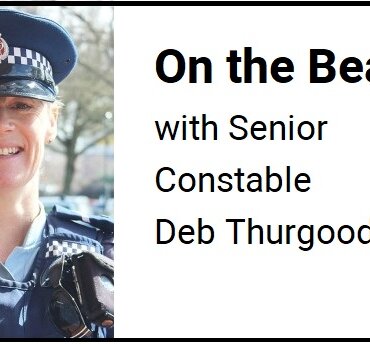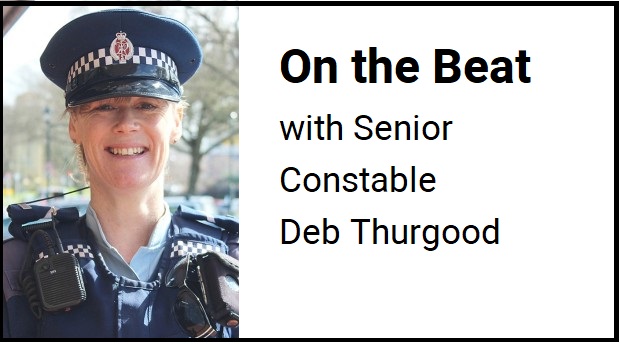
In early 2021, I addressed the subject of begging. An increase in people asking for money on our streets again prompts me to mention it. Then, as now, there are sometimes people who find themselves in a bad situation with a genuine need for support.
These people may not be aware of the local resources available and may accept the opportunity to engage with Cambridge Community House, Salvation Army and the like. Such engagement can also lead on to counselling, budgeting, addiction and related assistance.
I have previously mentioned another group of people however, those who are not living locally and instead travel into Cambridge to beg specifically due to our known generosity. I still see one person from that time who continues to travel to Cambridge periodically for this reason. Recently a retailer told me of someone else to whom food and money was donated by passers by outside their shop. When the man moved on to a different location, he left the food and rubbish behind.
Sometimes we need to be cruel to be kind. I would recommend not giving cash, rather providing food or, even better, practical assistance to contact our support agencies. Sitting on the footpath on public property is not an offence. However, if someone is being aggressive, intimidating or disorderly, phone 111.
In another reminder, online scammers continue to find victims in our town. If a random person strikes up an online conversation with through snapchat, whatsapp or Instagram and attempts to build a relationship with you, be wary.
Scammers use images taken from google to create an attractive illusion and will lure you in. They are commonly based overseas and may even tell you this. If you find yourself in this situation, and the person starts asking for financial help, requesting you give them money using itunes or prezzy cards, it is highly likely you are being scammed. Don’t send the money. This can end up costing you thousands, with almost zero likelihood of getting any of your money back.
If in the same scenario you are instead asked to send intimate photos of yourself on the promise of some being sent in return, remember that you lose control of who sees those photos the moment you press send. You have no idea to whom you are truly sending the photos. We have again had examples where scammers blackmail their victims once compromising photos are received. Be cyber safety aware.









